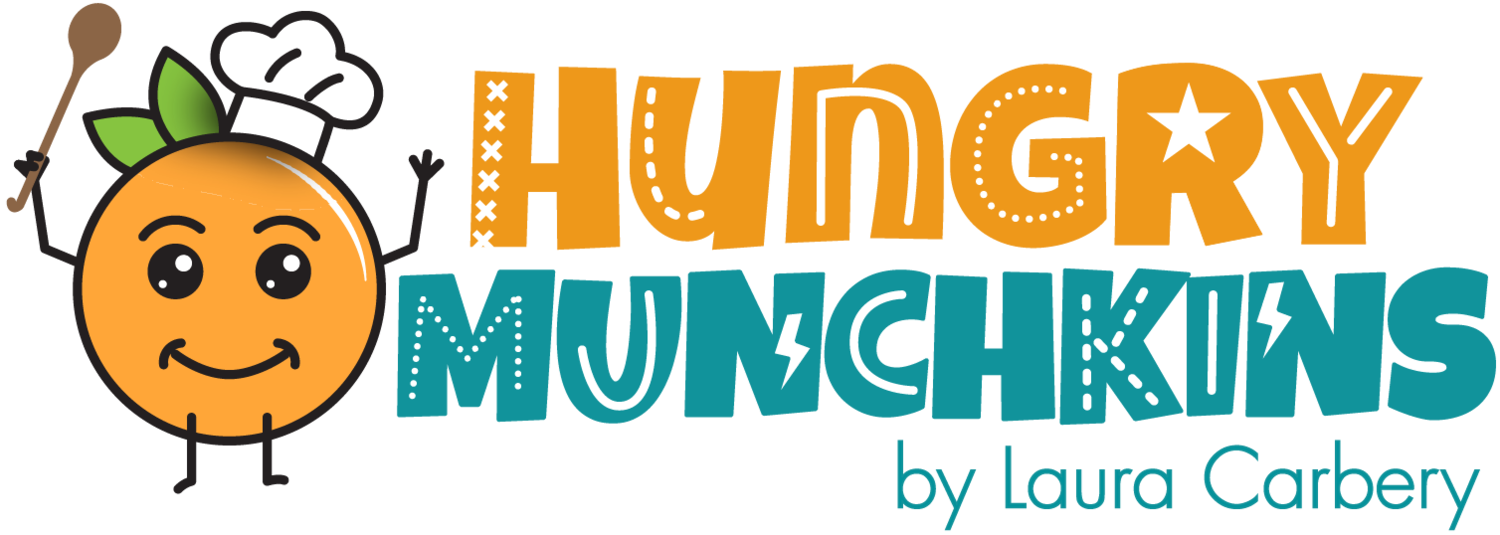WORRIED ABOUT CONSTIPATION WHEN WEANING YOUR BABY?
Parent Guide: Managing Constipation in Babies When Introducing Solid Foods
By Laura Carbery of Hungry Munchkins
As a parent, witnessing your baby's discomfort can be really upsetting. Constipation is one of those uncomfortable issues that many babies encounter, especially when transitioning to solid foods. Your baby has been used to passing more liquid poo but now they’ve to get used to processing new foods. Constipation is a common concern, but with a little knowledge and some practical strategies, you can help your little one find relief and get back to their happy, bubbly selves.
Understanding Baby Constipation:
Symptoms:
How do you know if your baby is constipated?
Look out for signs like infrequent bowel movements, hard or pellet-like stools, straining during bowel movements, and irritability or discomfort. Remember, what's normal for one baby might not be for another, so pay attention to any changes in your baby's usual pattern.
Causes:
Several factors can contribute to baby constipation, especially when introducing solid foods.
A sudden change in diet, insufficient fluid intake, and certain foods like rice cereal, bananas, and dairy products can sometimes play a role if eaten too much. If you notice a particular food causes your baby constipation, take that food out of your baby’s diet and gradually add them back in later. Additionally, some babies may have a sensitivity or allergy to specific ingredients, which can make constipation worse.
Frequency of Bowel Movements:
The frequency of bowel movements can vary greatly among babies. While some babies may have multiple bowel movements a day, others might go several days without one. As long as your baby's stool is soft and they are comfortable during bowel movements, there's usually no cause for concern. However, if your baby seems distressed or their stool is hard and dry, it's time to do something about it.
Tips for Treating Baby Constipation:
Offer Plenty of Fluids:
When your baby is unwell or teething, they may not drink as much fluids as they need. Ensure your baby stays hydrated by offering breast milk on demand, formula (made up correctly) and cooled boiled water with meals. Adequate hydration can help soften stools and ease bowel movements.
Include Fibre Rich Foods:
Including a variety of natural sources of fibre (unprocessed, wholefoods) in your baby’s diet is important for good gut health & can help constipation. Natural fibre promotes wave-like contractions that move food through the bowel. As fibre passes through the gut, it absorbs large amounts of water, resulting in softer stool.
Fruit & vegetables are an excellent source of natural fibre. Foods such as mashed fruits (prunes, pears, and peaches are particularly good for constipation) and vegetables (e.g., peas, broccoli, and sweet potatoes). These foods can promote regular bowel movements and prevent constipation. Beans, peas and lentils are high in natural fibre. Add handfuls of lentils, to casseroles and stews, spread hummus on a soldier of toast or serve baked beans on mashed potato.
Introduce Wholegrains Slowly:
Adults eat high fibre foods to help them feel fuller for longer. Babies are not mini adults though; their stomachs are small so if they fill up too much on wholegrain foods, they won’t be able to get in all the other energy dense foods that they need. For this reason, we need to introduce wholegrains slowly into our baby’s diet. Alternate between wholegrain bread, pasta and rice. Avoid ultra-processed breakfast cereals or baby foods made with artificially created fibres such as ‘high-fibre’ biscuits or snacks.
Massage Your Baby's Tummy:
Gently massage your baby's tummy in a clockwise motion to stimulate bowel movements. This can help alleviate discomfort and encourage the passage of stool.
Try Bicycle Legs:
Lie your baby on their back and gently move their legs in a cycling motion. This simple exercise can help relieve gas and promote bowel movements.
Warm Bath:
A warm bath can relax your baby's muscles and provide relief from constipation. Consider giving your baby a soothing bath before bedtime to help them unwind and encourage bowel movements.
Consult Your GP / Paediatrician:
If your baby's constipation persists despite your efforts, or if you notice any concerning symptoms such as blood in the stool or severe abdominal pain, consult your GP or Paediatrician. They can provide personalised advice and recommend appropriate treatments.
For nutritional advice and support on how to optimise your baby’s diet, reach out to a registered nutrition professional.
Constipation can be a challenging issue for both babies and parents, but with patience and the right strategies, it can be treated and managed. By understanding the symptoms, causes, and frequency of baby constipation, along with implementing practical tips for treatment, you can help your little one find relief and they go regularly. Remember, every baby is unique, so don't hesitate to seek professional guidance if you have concerns about your baby's bowel movements.
Useful Resources To Help Manage Constipation
ERIC website – ERIC is UK charity dedicated to improving children’s bowel and bladder health.
Belén Optimum Health – Baby colic expert. Children’s Nutrition & Craniosacral Therapy.
Ann Costigan - Constipation in children & toilet training. Paediatric Nurse Specialist




